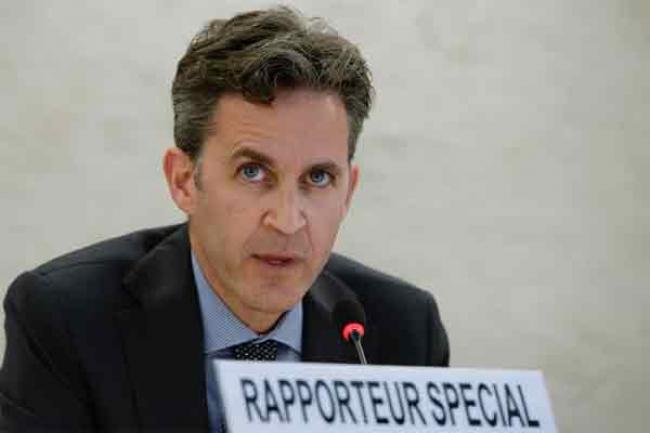Just Earth News 08 Feb 2017

Jean-Marc Ferré
At issue is the concept of lèse-majesté – the defaming, insulting or threatening of the royal family – which in Thailand carries a penalty of up to 15 years in prison.
“Lesè-majesté provisions have no place in a democratic country,” said David Kaye, the UN Special Rapporteur on the promotion of freedom of opinion and expression. “The lèse-majesté provision of the Thai Criminal Code is incompatible with international human rights law.”
The expert underlined that public figures, including those exercising the highest political authority, may be subject to criticism.
“The fact that some forms of expression are considered to be insulting to a public figure is not sufficient to justify restrictions or penalties,” he stressed.
The comments were sparked by a case against Jatupat Boonpatararaksa, a student activist, who shared a BBC news article on the new King, Maha Vajiralongkorn Bodindradebayavarangkun, on his private Facebook page.
Boonpatararaksa is being held in detention after an appeals court revoked his bail on 28 December, reportedly justified by the case's sensitive matter and on public order and national security grounds. He is expected back before a judge on 10 February.
In 2015, three people were sentenced to decades in prison for criticizing the monarchy on Facebook.
Kaye has repeatedly urged the Thai Government to allow free speech, including in July of last year when authorities clamped down on public and social media expressions ahead of a constitutional referendum later in the year.
Special Rapporteurs and independent experts are appointed by the Geneva-based UN Human Rights Council to examine and report back on a specific human rights theme or a country situation. The positions are honorary and the experts are not UN staff, nor are they paid for their work.